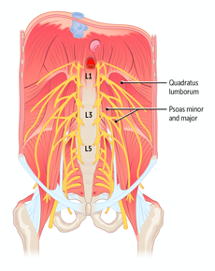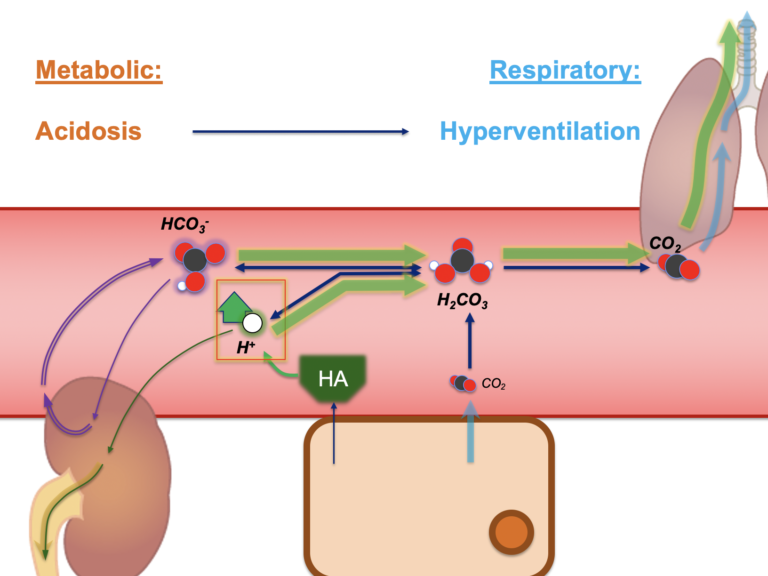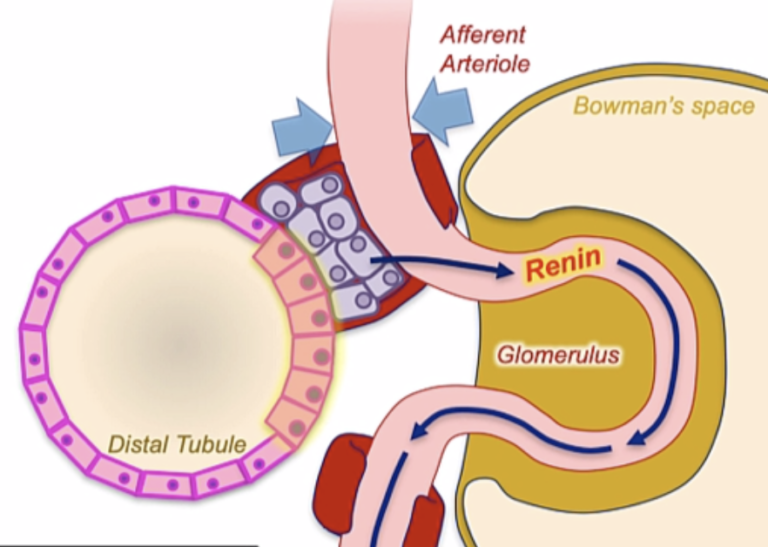Posts Tagged ‘renal’
Macroscopic Skin Lesions

Macroscopic Skin Lesions A thorough skin examination should be performed annually to assess for new or changing macroscopic skin lesions. It is critically important to be able to identify and describe normal and abnormal skin and to note your findings carefully, because a change in an existing skin lesion is the most common sign of…
Read MoreAnatomy of the Posterior Abdominal Wall

It might not be the flashiest anatomical structure, but if you want to stand upright, and keep your retroperitoneal organs (like your kidneys) in place, the posterior abdominal wall is pretty important. Located at the back of the body, bounded by the lateral abdominal walls and the posterior parietal peritoneum, the posterior abdominal wall is…
Read MoreNephritic Syndrome

Here’s one of those questions in medical school that just might lead you to pull out all of your hair: what is the difference between nephrotic and nephritic syndrome? Both involve the kidney, both are syndromes so they’re probably constellations of findings—yet the names are maddeningly similar except for one vowel. How can a person…
Read MoreMetabolic Acidosis and Alkalosis

In this AudioBrick from the Renal collection, we explore metabolic acidosis and alkalosis. The normal pH of the blood falls within a pretty narrow range (7.35-7.45). Anything outside that range—whether acidotic or alkalotic—can lead to serious problems and even death. These abnormal pH states, called acid-base disorders, are grouped into two big categories: those that…
Read MoreRenin-Angiotensin-Aldosterone System

You probably know that the kidneys play an important role in maintaining blood pressure within the normal range. You might also know that they do this by regulating blood volume and the degree of arterial contraction or dilation (the systemic vascular resistance). But do you know how the kidneys do this? The answer is the…
Read More




